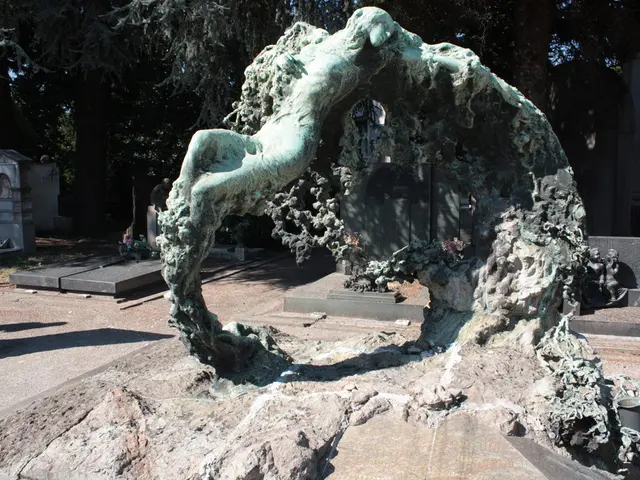What happened on November 10? - November 10th: From ceasefires to historic laws and legendary births
November 10th has seen its fair share of historical events and notable births. On this day in 1925, British actor Richard Burton was born, while German cyclist Kristina Vogel entered the world in 1990. In 2020, a Russia-brokered ceasefire ended fighting in Nagorno-Karabakh, and Germany's Bundestag passed the Registered Life Partnership Act in 2000.
The ceasefire in Nagorno-Karabakh, brokered by Russia, brought an end to the conflict between Armenia and Azerbaijan. Following the agreement, Armenia withdrew from the occupied territories. However, the move sparked protests among thousands of Armenians who opposed the withdrawal.
On the same day in 1975, German federal president Walter Scheel made history by becoming the first to visit the Soviet Union. Meanwhile, in 1995, Nigerian writer and activist Ken Saro-Wiwa was executed, a tragic event that drew international condemnation.
In the world of sports, German skier Michaela Gerg was born on November 10, 1965. The United States Marine Corps was established on this day in 1775, with November 10th now celebrated as their birthday.
Following the ceasefire, Russian peacekeepers were deployed to monitor the agreement between Armenia and Azerbaijan. The Registered Life Partnership Act, passed by Germany's Bundestag, granted same-sex couples legal recognition and equal rights. These events and births have shaped the course of history and continue to influence the world today.
Read also:
- American teenagers taking up farming roles previously filled by immigrants, a concept revisited from 1965's labor market shift.
- Weekly affairs in the German Federal Parliament (Bundestag)
- Landslide claims seven lives, injures six individuals while they work to restore a water channel in the northern region of Pakistan
- Escalating conflict in Sudan has prompted the United Nations to announce a critical gender crisis, highlighting the disproportionate impact of the ongoing violence on women and girls.





